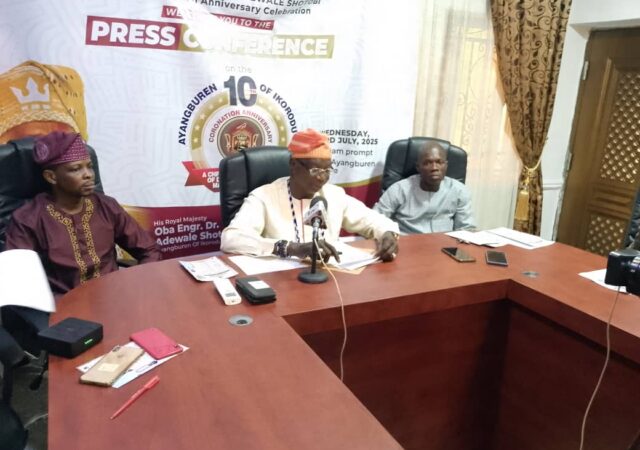The Chairman of Nestoil Limited, Dr Ernest Azudialu-Obiejesi, has called for the enactment of Local Content Laws that are enforceable to build and protect local capacity.
Azudialu-Obiejesi made the call on Monday at a panel session on “Exportation of Local Capacity: Maximising Regional Opportunities’’ at the ongoing Nigerian oil and Gas conference in Abuja.
The 2024 NOG conference, scheduled to hold from June 30 to July 4, is themed: “Showcasing Opportunities, Driving Investment, Meeting Energy Demand”.
According to Azudialu-Obiejesi, making law is one thing, enforcement is another thing.
“The Nigeria Content Development and Management Board (NCDMB) has done quite well but we still have setbacks due to how these laws are enforced,’’ he said.
Azudialu-Obiejesi said that effective implementation of laws was necessary to grow local capacity, while projects should be awarded to companies with proven capacity.
He called for a change in the implementation of the Nigerian content policy that allowed contracts to be awarded to companies with lowest bid in spite of apparent lack of capacity to deliver the jobs.
According to him, if a country has enough capacity to make it a net exporter to African countries, it is paramount to address the factors limiting growth in country.
“We can export the capacity in the oil and gas industry to other countries but exporting them means that we need to ensure that we will have those companies that are in Nigeria already developed.
“The countries are expected to entrench all those capacities in terms of human resources, experiences, capital and equipment for export,’’ he said.
Also speaking, Mr Olusegun Awolowo, Executive Secretary, National Action Committee (NAC) on African Continental Free Trade Area (AfCFTA), said it was given the mandate to ensure that Nigerians benefited from the implementation of AfCFTA.
Represented by Oluseun Olutayo, a Senior Trade Law and Policy Expert, NAC, AfCFTA, Awolowo said the committee would inaugurate the Guided Trade Initiative (GTI ) in July 16.
“The GTI helps to guide shipment through customs clearance, including reduced tariff treatment under the AfCFTA in the receiving AfCFTA countries.”
According to him, one of the core mandates of AfCFTA is harmonisation of trade in goods and services and Nigeria has high comparative advantage in this regards.
He said within the context of trade in services under the AFCFTA, four critical sectors have been identified and one of them was automobile, including the work of energy in the services.
The business sector allows anyone that has expertise in any of the services to actually maximise the advantage of AfCFTA,’’ he said.
Source: NAN







